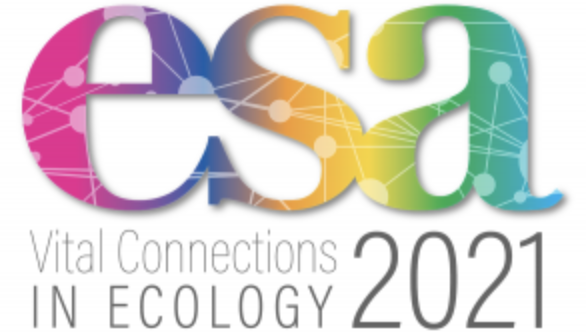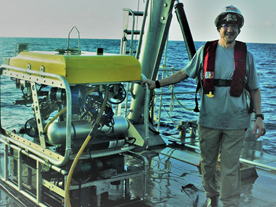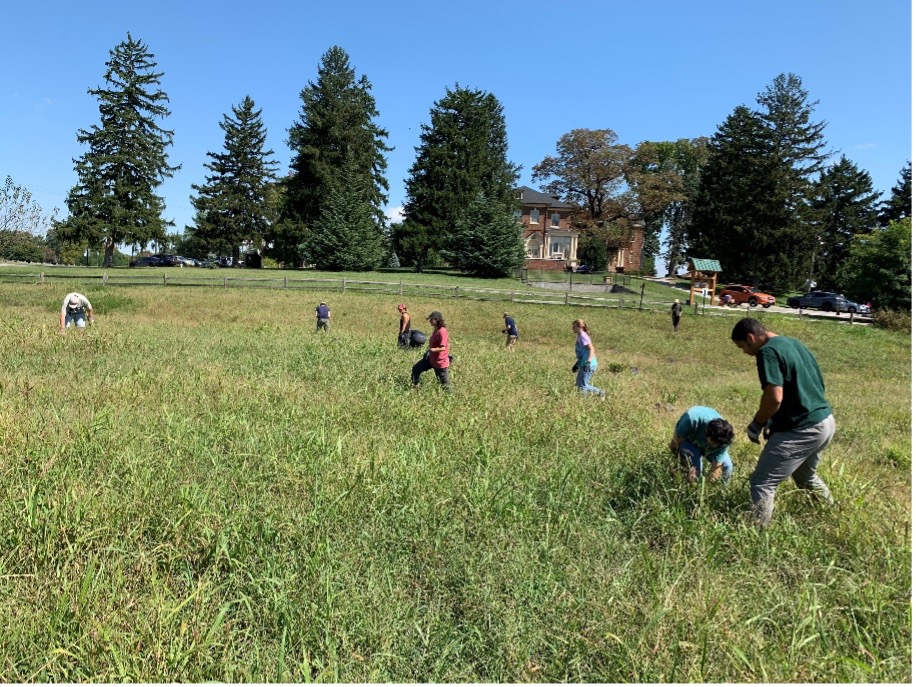Announcing EREN-NEON Flexible Learning Projects for Fall 2020!
July 31, 2020
EREN-related Events, Posters, and Talks at ESA 2021
July 25, 2021Brian R. Shmaefsky
Professor of Environmental Science at Lone Star College – Kingwood in Houston, TX
Why did you become an ecologist?
As an undergraduate, I had an interest on how environmental factors, including pollutants, impacted ecosystems. Much of my research efforts investigates how anthropogenic activities affect individual organisms and trophic levels. This led me a recent interest in using bioremediation, particularly phytoremediation, as a tool for reducing the impacts of pollution.
How did you become an ecologist? What are some of the setbacks/hurdles you had to manage to become a scientist, and how did you get through?
At first, I did not have the grades in high school to pursue a college degree. I started out training to be an X-ray technologist. My success in the science courses in the X-ray technology program compelled me to attend an open-enrollment university to study biology. I graduated with honors, but my GRE scores were low due my poor English skills. I was lucky to enter a masters degree program to study environmental physiology. By then my English comprehension and writing improved dramatically. I then ended up in a PhD program applying my environmental physiology skills in a school of agriculture. Unfortunately, I was forced to take a break from my studies due to economic reasons. I eventually returned to graduate school after working as an industrial biochemist. My pursuit for a career as an academic scientist was hindered by my lack of post-doctoral work. So, I took academic positions in I could teach ecology and do research projects with my students.
Is there a part of your identity/background that you feel is under-represented in ecology?
I was raised by an immigrant refugee parents who settled in a high-crime housing project in New York City. My parents did not value a college education and did not have American value systems. In addition, I was born with cerebral palsy that affected by abilities to walk and balance. . Many of people I encountered doing ecological research were much more privileged than me; I felt like an outsider because I did not understand their socioeconomic and social cues. In addition, my handicap restricted my ability to do rigorous field work and equipment manipulation. Few of my instructors and colleagues knew how to make accommodations to include me in certain aspects of the research. I did not see any handicapped people doing field research early in my career.
What’s the best part of your job?
I truly enjoy making students interested in ecological research applications that improve the lives of others. I focus my teaching on using science to remediate environmental justice situations. Outside of my college duties, I serve as an AAAS On-Call Scientist. As an On-Call scientist I have used my science and teaching skills to improve the lives of underrepresented and impoverished by proving them with ways to achieve the United Nations Sustainable Development Goals (SDGs).



